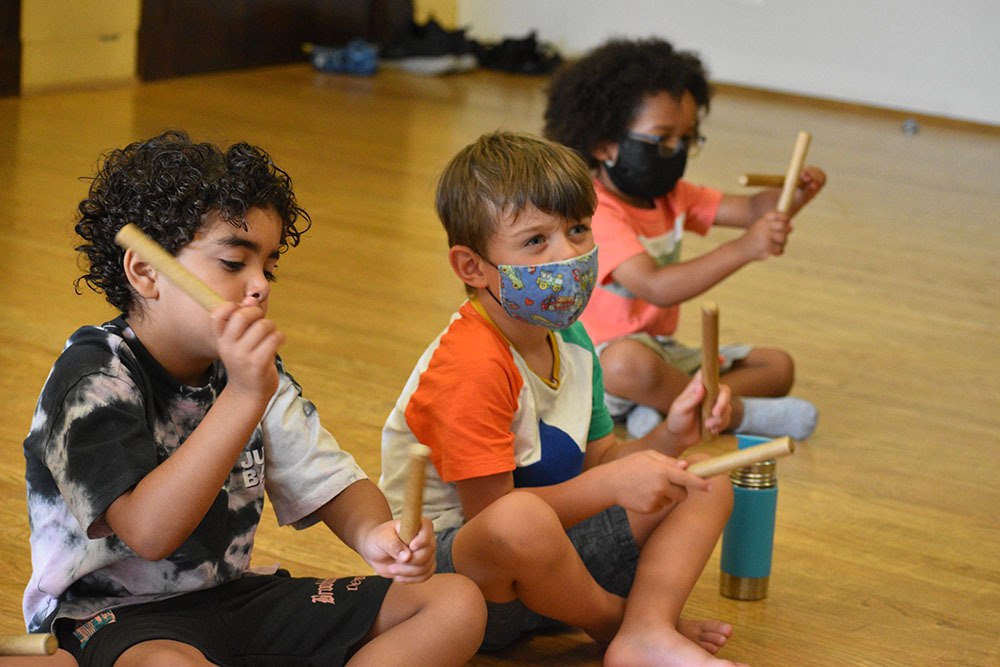Academic competitions are often seen as an activity exclusive to kids at the top of their class. But students at any level can benefit from the challenging, collaborative environment competing produces, whether in a spelling bee, math or science challenge, or game show–type format that incorporates a gamut of subjects.
Classroom complement
The material academic competitions cover reinforces and expands upon what students are taught in their school curriculum, giving an extra push to the achievement-minded. “For kids who are bright, working on a variety of material at a time inspires and stimulates them,” says Pennsylvania Math League co-founder Dan Flegler. “By seeing that they’re able to do difficult problems in all these different areas of math, they are exposed to techniques they may not learn in class.”
During the Delaware Science Olympiad, which begins in November, students challenge themselves by studying advanced material. “There’s a wide breadth of disciplines that participants have to cover, so kids in lower grades can learn about sciences that aren’t taught until a higher grade level,” says director Gerald Poirier. The exposure allows students to explore potential career paths, as they experience each aspect of the subject they’re competing in.
Such an intensive focus is also beneficial to students who struggle with a subject. “They learn that by working hard and doing a lot of practice, they can get much better at difficult questions,” Flegler says. “When they return to the classroom, they’re able to learn faster, at a more advanced level.”
Teamwork builder
Besides improving study skills, preparing for competition gives participants insight into how to draw on their peers’ individual strengths. “Competing on a team fosters an attitude of collaboration and cooperation, where students have to work with each other toward one common goal,” Poirier says.
Many teams in the Pennsylvania State Academic Competition strategize by having each team member become an expert in the subject category in which they perform best, says Jennifer Shealy, special events coordinator of the Chester County Intermediate Unit, which organizes the tournament. (The annual competition tests knowledge in literature, science, geography, contemporary events and two kinds of history, American and world.)
Donna Cedermark, coordinator of the gifted and talented program for Millville Public Schools in New Jersey, gives members of her high school academic team a unique chance to collaborate by creating the contents of their own trivia competition called Mind Mash, held in December. The 23 participating teams must think quickly as they collectively answer questions on peer-selected topics ranging from video games to pop culture or standard school subjects.
Confidence booster
Answering tough questions in front of peers and adults is an intimidating prospect, but it’s a feat that can have a positive impact on students’ self-esteem. “Competing gives kids an opportunity to showcase their talent, and doing that ups their confidence,” says Shealy.
For students attracted to the challenge of outsmarting their opponents, academic tournaments are an environment in which they thrive. “Just like some kids have a thirst for sports, these students have a thirst for competition mentally,” Cedermark says.
From the long stretches of studying to the culmination of a competition onstage, kids develop a sense of accomplishment as they see their hard work pay off. “Often the most successful students are the ones who put the most effort into studying,” Flegler says. “It shows them that the more they expect of themselves, the more they can achieve.”
Freelance writer Cheyenne Shaffer writes frequently for MetroKids.





